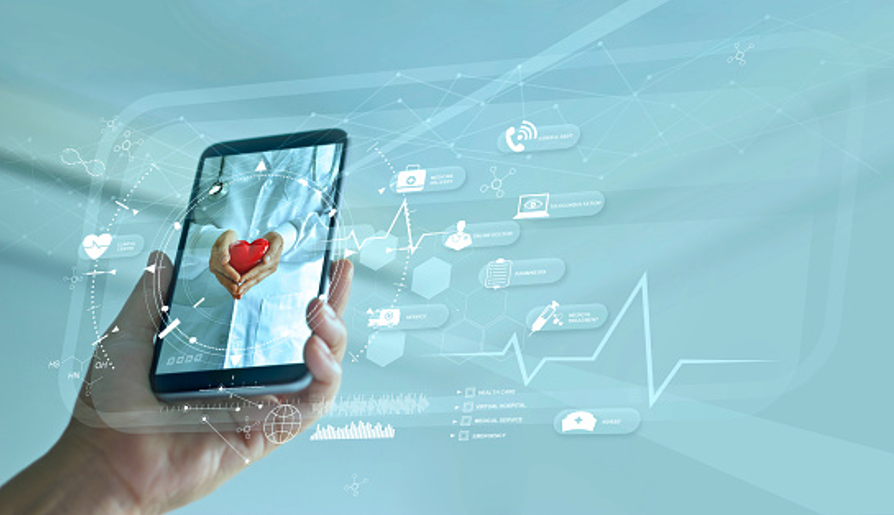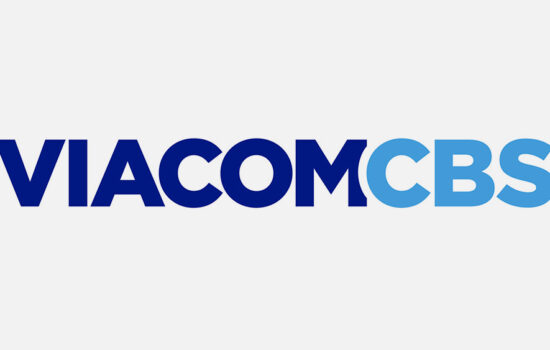The Cupertino Giant is Leading with Competitors Chomping at its Heels
When the two Steve’s got Apple rolling back in the late 1970s, they had their eye on becoming a respectable player in the computer industry. The rest, as the cliché goes, is history. Steve Wozniak’s contributions to programming, hardware, software and more are only underappreciated by those without a good grasp of tech history. “Woz,” for example, is listed as the sole inventor on four Apple patents, and his patent for “Microcomputer for use with video display” earned him an induction into the National Inventors Hall of Fame.
More than enough ink has been used describing the sometimes-ill-tempered genius that was Steve Jobs, but suffice it to say, Jobs expanded the definition of what a “computer” was or could do with such intensity, it’s hard to find a metaphor that captures the sentiment. From Pixar to the iPhone, Jobs and Apple pushed the world into the 21stcentury.
Considering Jobs’ early departure from life due to a health condition that ”“ had it been detected earlier ”“ could theoretically have given him more time, it’s a somewhat cruel irony that the house Jobs built may one day be best remembered not for being the first to release a gadget with “1,000 songs in your pocket” or the smartphone device that’s the model for every global competitor, however they tweak the formula, but instead as the world’s top health tech company.
But that’s how now-CEO Tim Cook sees it, and we have no reason to doubt him. Cook ”“ who has been a steady hand and stabilizing force at Apple since Jobs’ death in 2011 ”“ has predicted that “developments and devices and in healthcare and wellness” will one day be seen as the company’s overall greatest contributions the betterment of humankind ”“ and of course, Apple’s shareholders.
Those familiar with the Apple Watch have seen a glimpse into the future Cook is prognosticating, but just a glimpse. And Apple isn’t alone; innovations from companies ranging from Phillips to Casio are on the cusp of something that even experts aren’t ready to put a finger on. A revolution, to be sure, but how far-reaching is still a question; the situation much as it was in 2007 when Jobs premiered the iPhone. Back then some said, “Yeah, nice. But do I really need a phone and a mini computer?” How silly such doubts now seem; and any wondering if the health and wellness revolution is being over-hyped will likewise undoubtably be deemed equally silly in the future.
Apps for health have already been a part of many people’s lives for years and there are more tips here on how you can incorporate existing apps with holistic healthcare support systems for physical and emotional security into your life. Such apps are creating frameworks for bringing caregivers and those they care for together; and these are just the beginning.
Biometric sensors in smartwatches connected to AI cloud-based apps (which, of course, can connect to your real-life doctor) are already saving lives, blood pressure monitoring without physical contact is no longer sci-fi, handheld devices that control allergies are going through the FDA review process at this moment. App-connected toothbrushes will soon spot problems and aid in “teledentistry.”
The early detection of neuropsychiatric disorders via a portable EEG brain mapping device is another of the multitude of wellness products coming to a store near you. Not only will these devices detect, but they will also soon treat such brain disorders as well. Sleep monitors and trainers linked to apps will aid the insomniacs among us; technology helping relive the restlessness caused by the fanatic pace of technology.
Your posture, your circulation, your activity levels, your heartrate and other vital signs ”“ within a few years synced devices will have the literal pulse of tens if not hundreds of millions, providing aggregate big health data never before available in human history. What a boon to knowledge it will be to have real-time health data on millions of cases, helping determine baselines and ”“ with AI help ”“ spotting anomalies.
It may seem a bit like the “Wild West” right now, but the market is settling and the wheat will be sifted from the chaff in due time. Advanced wearable devices with embedded smart sensors delivering real-time healthcare measurements that apply artificial intelligence to deduce data points boil down to rather simple real-life applications: insights and “nudges.” After translating the data into behavioral-science-backed, yet understandable language, we the people will be in a position to take control of our health and wellness in a way never before possible.
Sure, we all know exercise is good for you, but habits don’t change easily. It took decades of science showing tobacco was cancerous to see a drop in use and legislation directed at cigarette smoking. Knowledge is power. And, with humans now more accustomed to accepting science and tech, being given a well-plotted goal via a wearable device of say, losing one kilo over the next three months in exchange for a 25 percent improvement in overall wellbeing, how many will take the offer? Likely quite a few. And a huge plus? ”“That wearable isn’t going to something you need to save up for”¦the health and wellness tech charge led by Apple and others is already affordable and will only continue to commodify. So, strap in for an exciting, healthier and hopefully happier decade of wellness tech.








